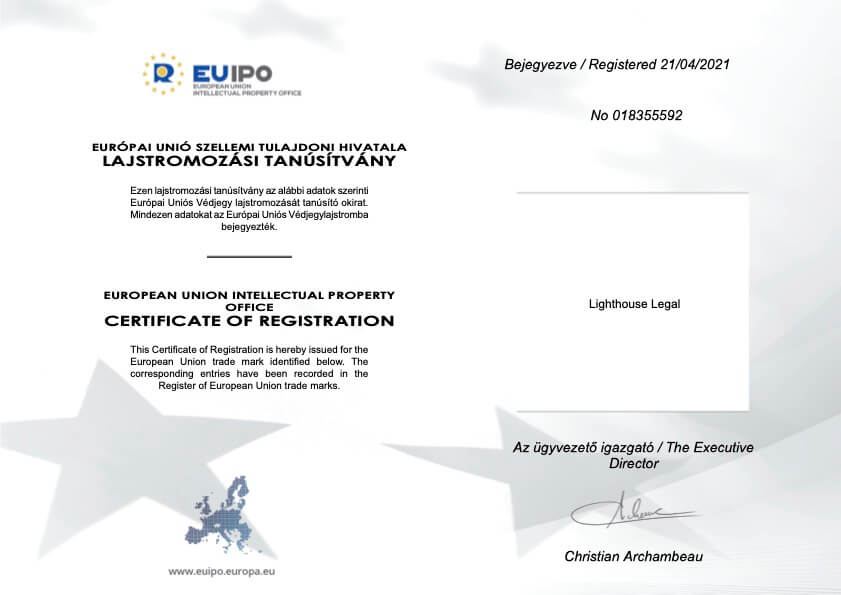Our services in the field
Establishment of cooperatives
Establishing a cooperative is a more complex process than a company, requiring special attention. Cooperatives are legal entities; therefore, when establishing a cooperative, both the general criteria in the Civil Code for establishing a legal entity and the express rules for establishing a cooperative must be taken into account.
There is no minimum initial capital requirement for establishing a cooperative. Every cooperative must have a deed of foundation in the form of a private document countersigned by an attorney, setting out its objectives, the main rules and principles of its operation. The content of the document has elements laid down by law. Other than that, its content can be freely adapted within the framework of cooperative principles.
Support for the operation of cooperatives
The operation of cooperatives requires a different approach to that of companies. Each member is also an owner in the cooperative, so personal contribution and ownership are inseparable. In addition to the deed of foundation, the relationship between the members and the cooperative must be regulated in the agreements made with each member. The membership of a cooperative is constantly changing, so very precise record-keeping is required, especially in a cooperative made up of several thousand members, to keep a record of individual membership. The process of settling accounts with exiting members, handling membership disputes, the complexity of employment rules, and preparing and managing general meetings in large cooperatives require permanent legal and IT support.
Legal support for the specific features of cooperative employment
Members of cooperatives do not work as employees but as members. Consequently, the usual documentation associated with an employment relationship (employment contract, information, etc.) cannot be used in the course of their contribution.
Our firm can provide internal documentation and external contracts for any type of cooperative, considering the specificities of each type of cooperative.
Creation of platform cooperatives
Each of our specifications for different types of services is based on an existing or fulfilled customer need. The exception is the present chapter, as we have not yet been asked to set up a platform cooperative; however, we believe that the Hungarian regulatory environment can be highly favourable for developing such an employment structure.
The key word is self-employment, and both the cooperative sector and platform employment are based on this concept. In practice, this means application-based employment, as in the case of the Uber passenger transport application. In these services, the consumer pays the platform for the service provided, and the platform settles the bill with the person who actually performs the service after deducting its share. In addition to passenger transport, home delivery, courier services, IT services or even household services could be organised along these lines.

